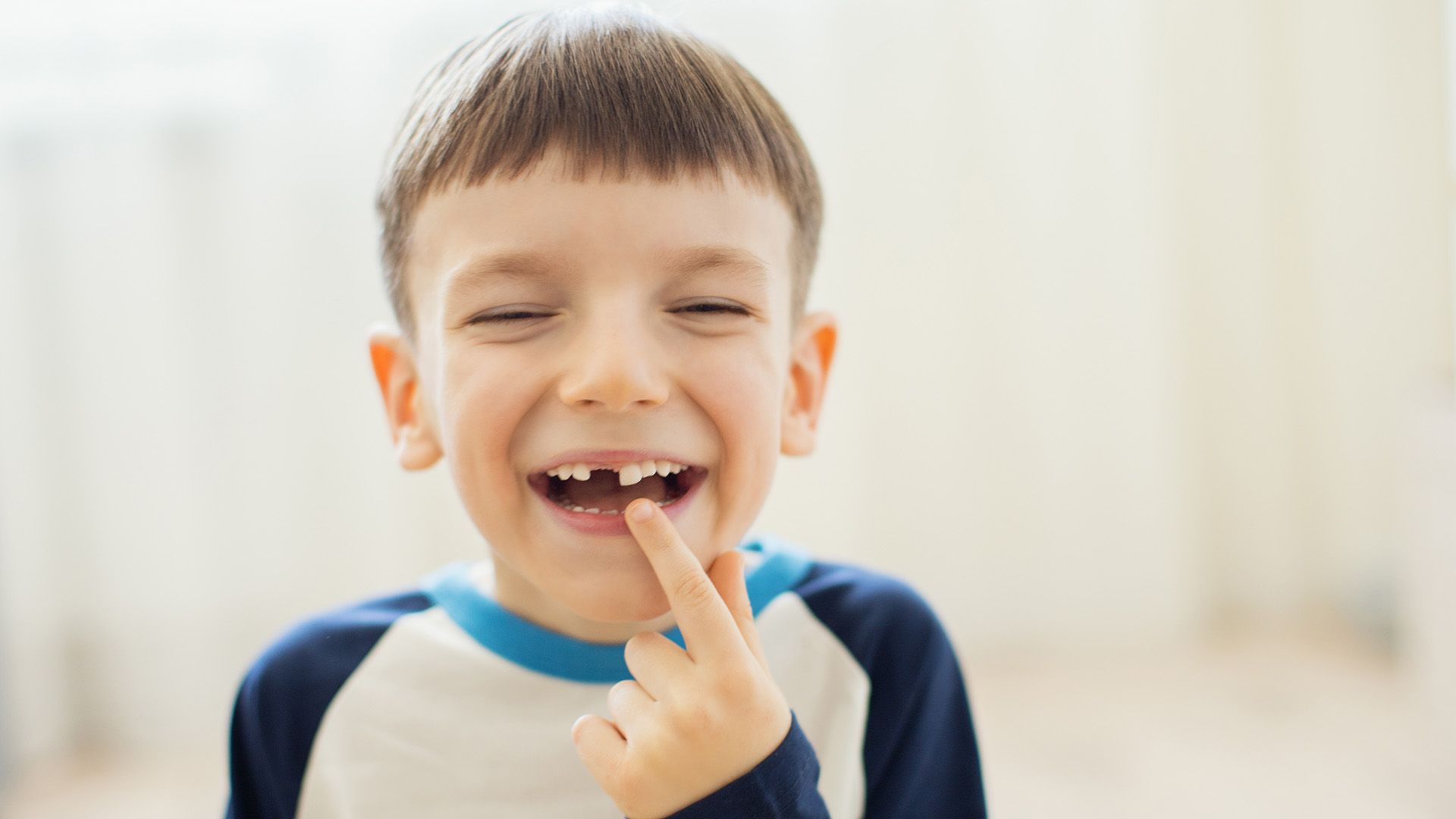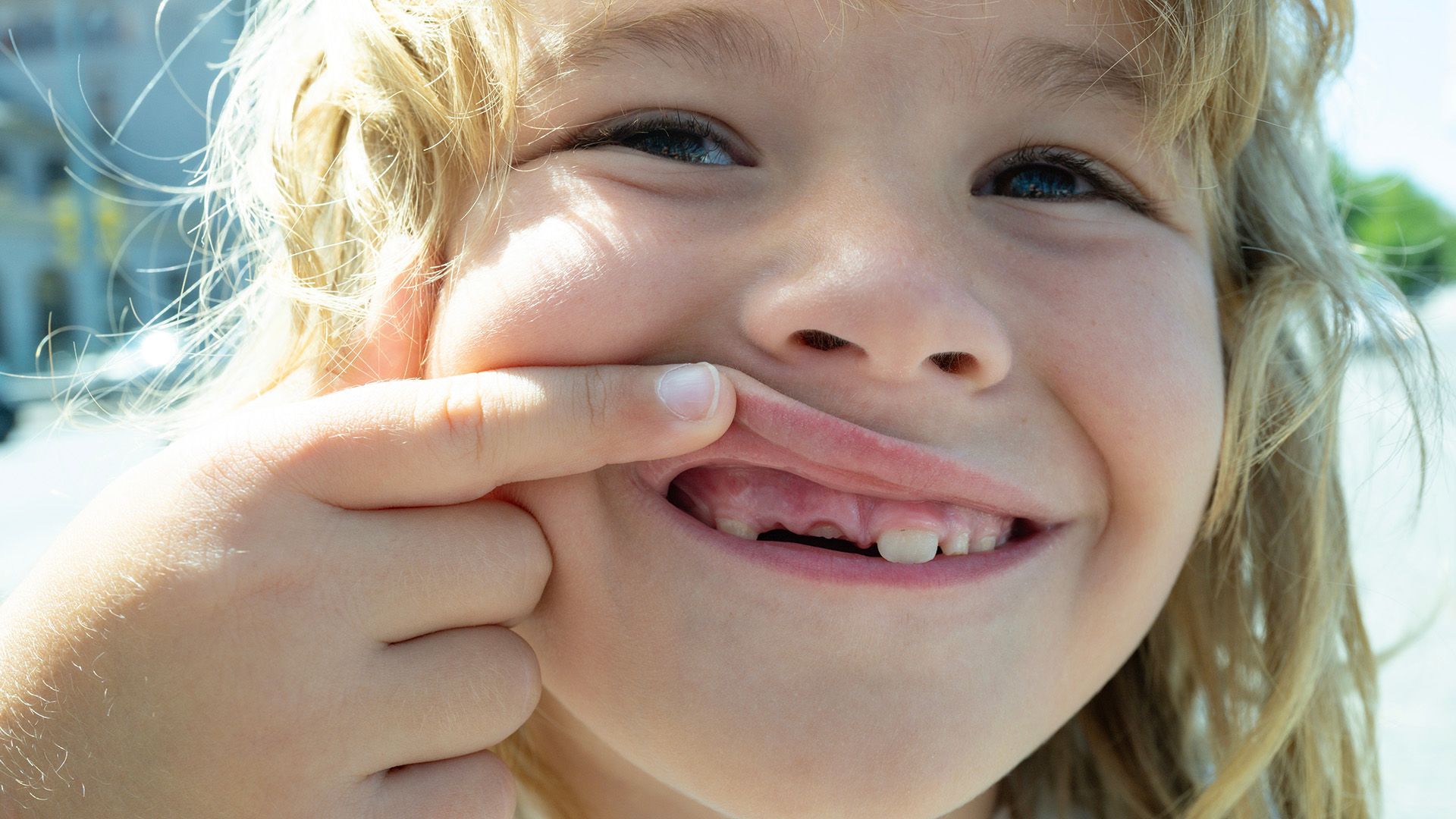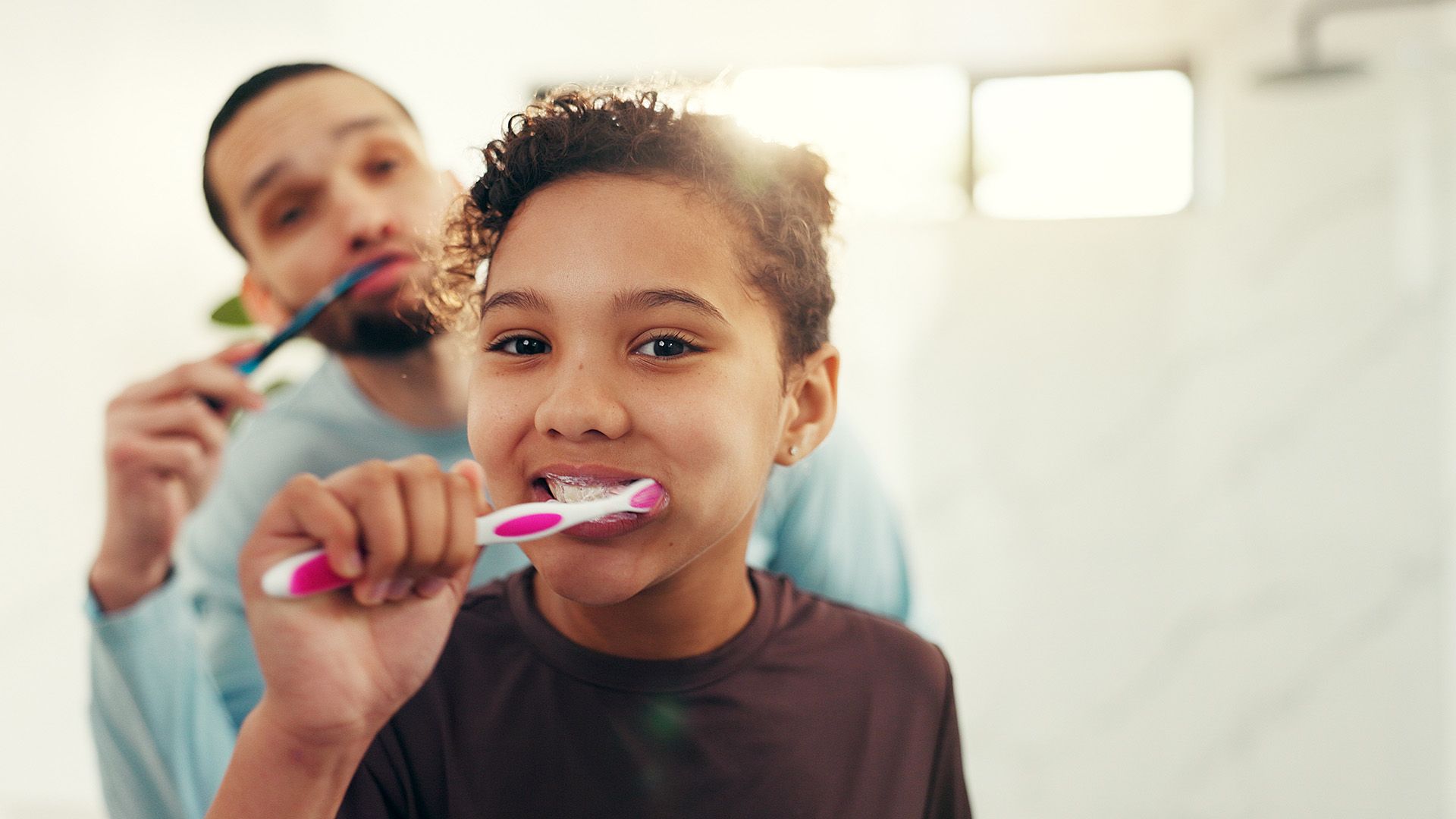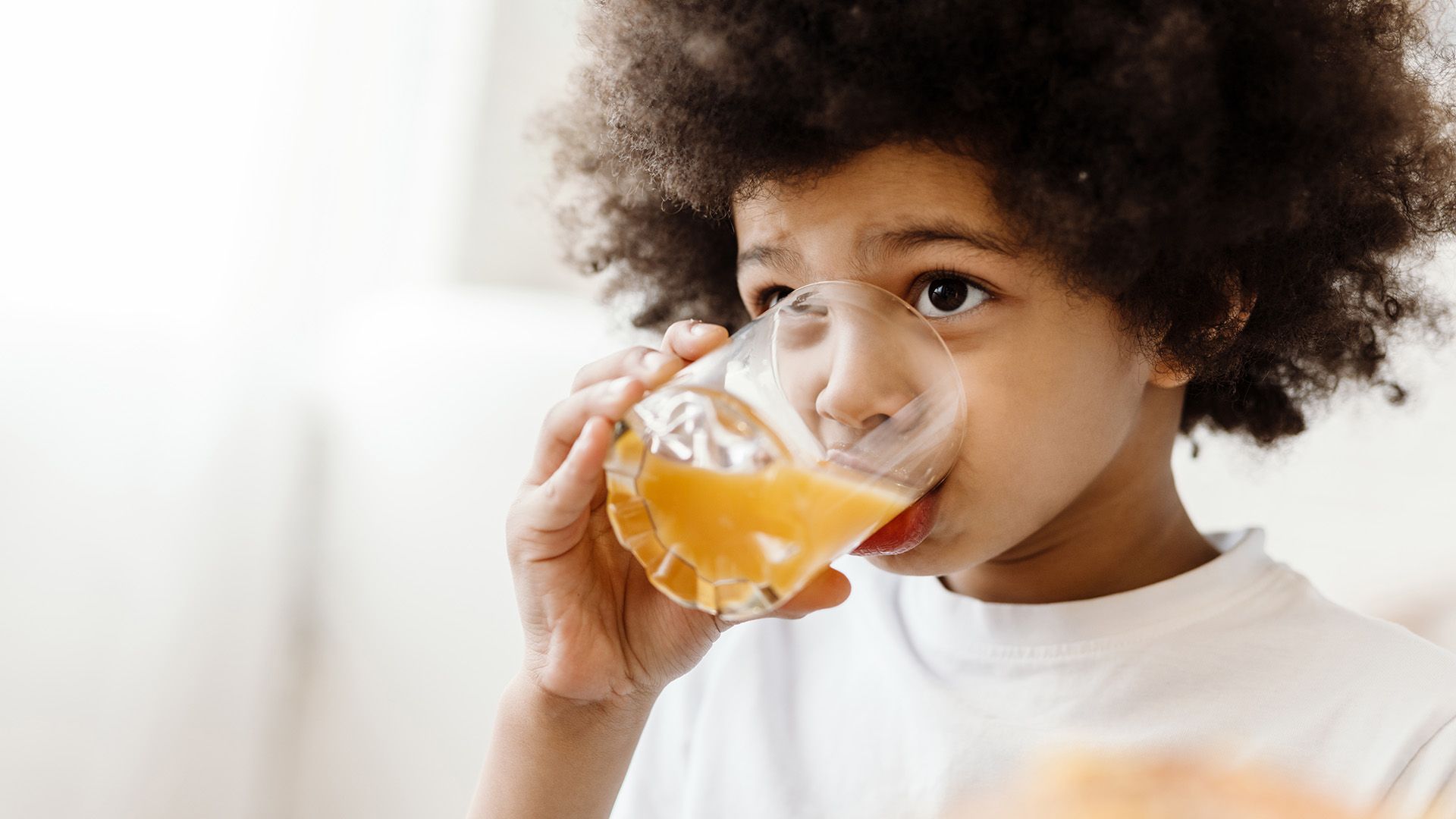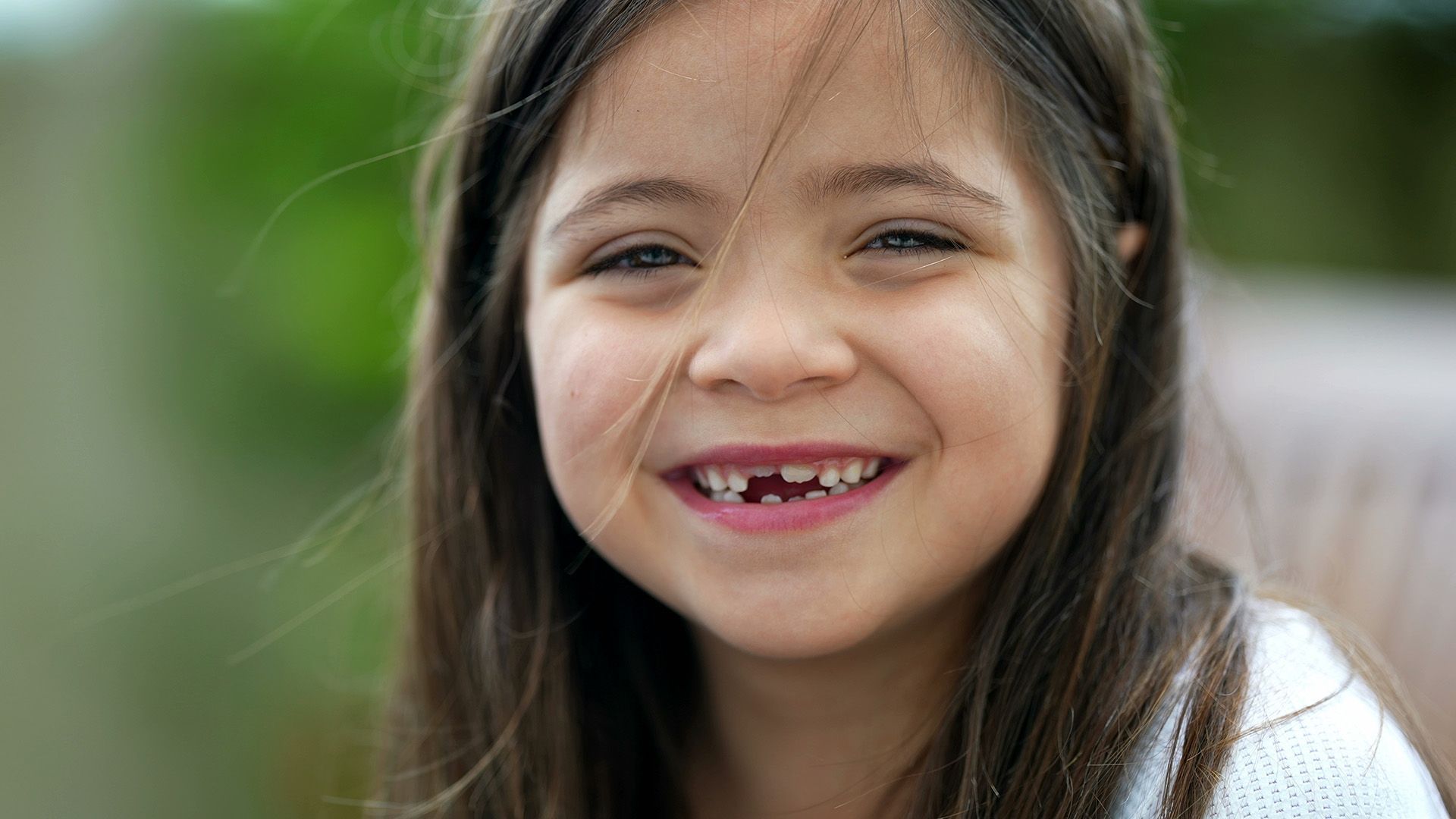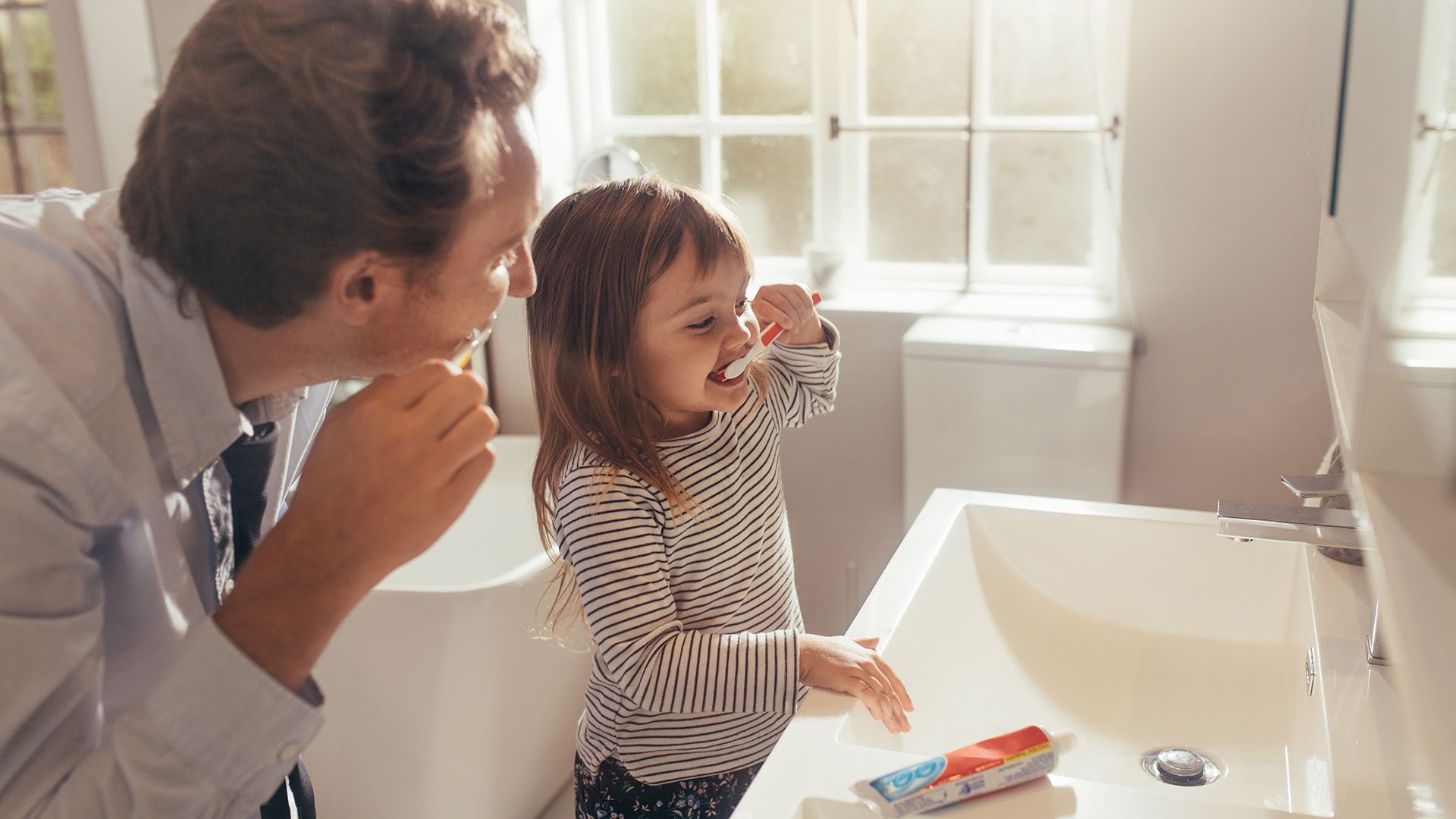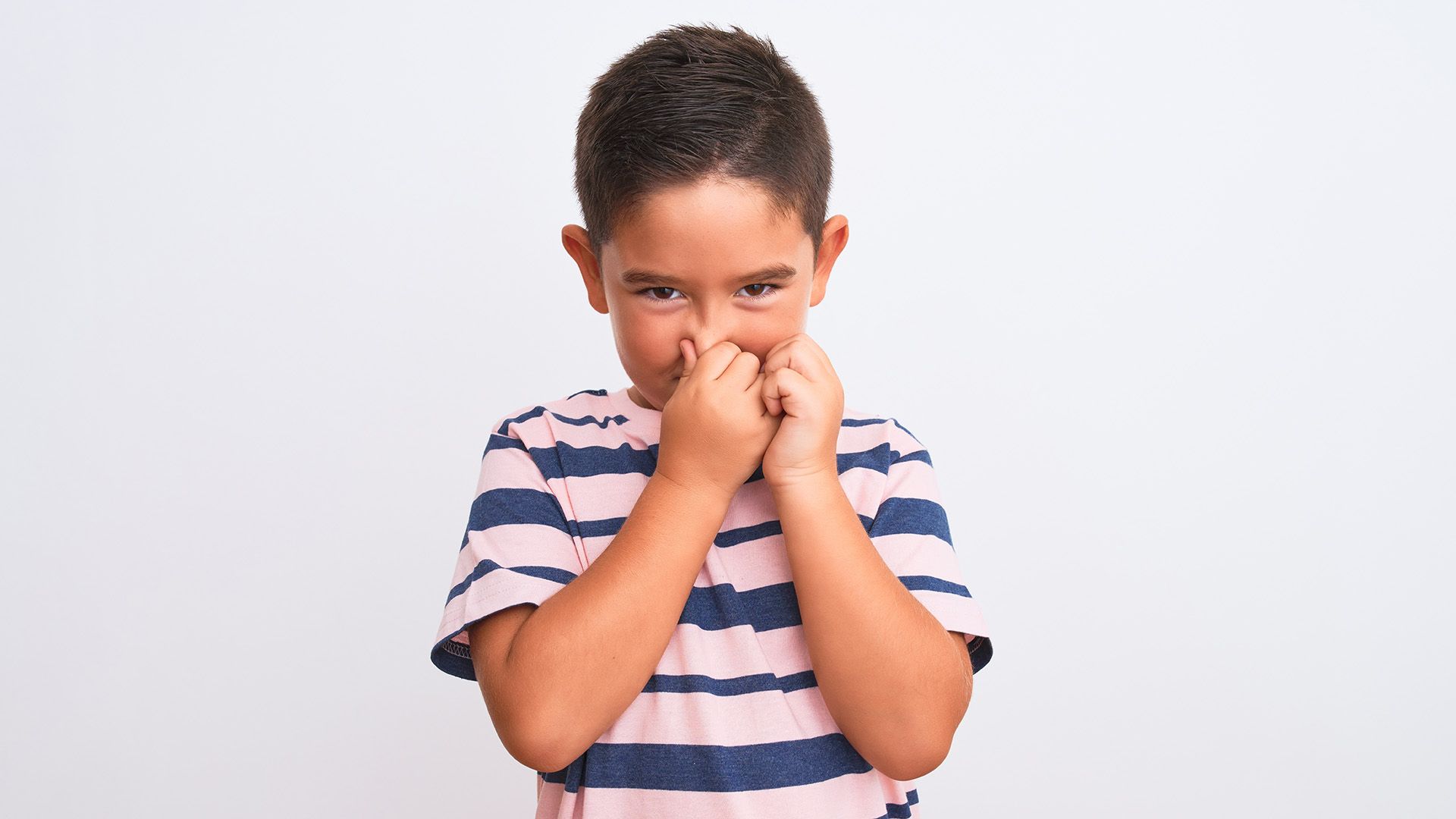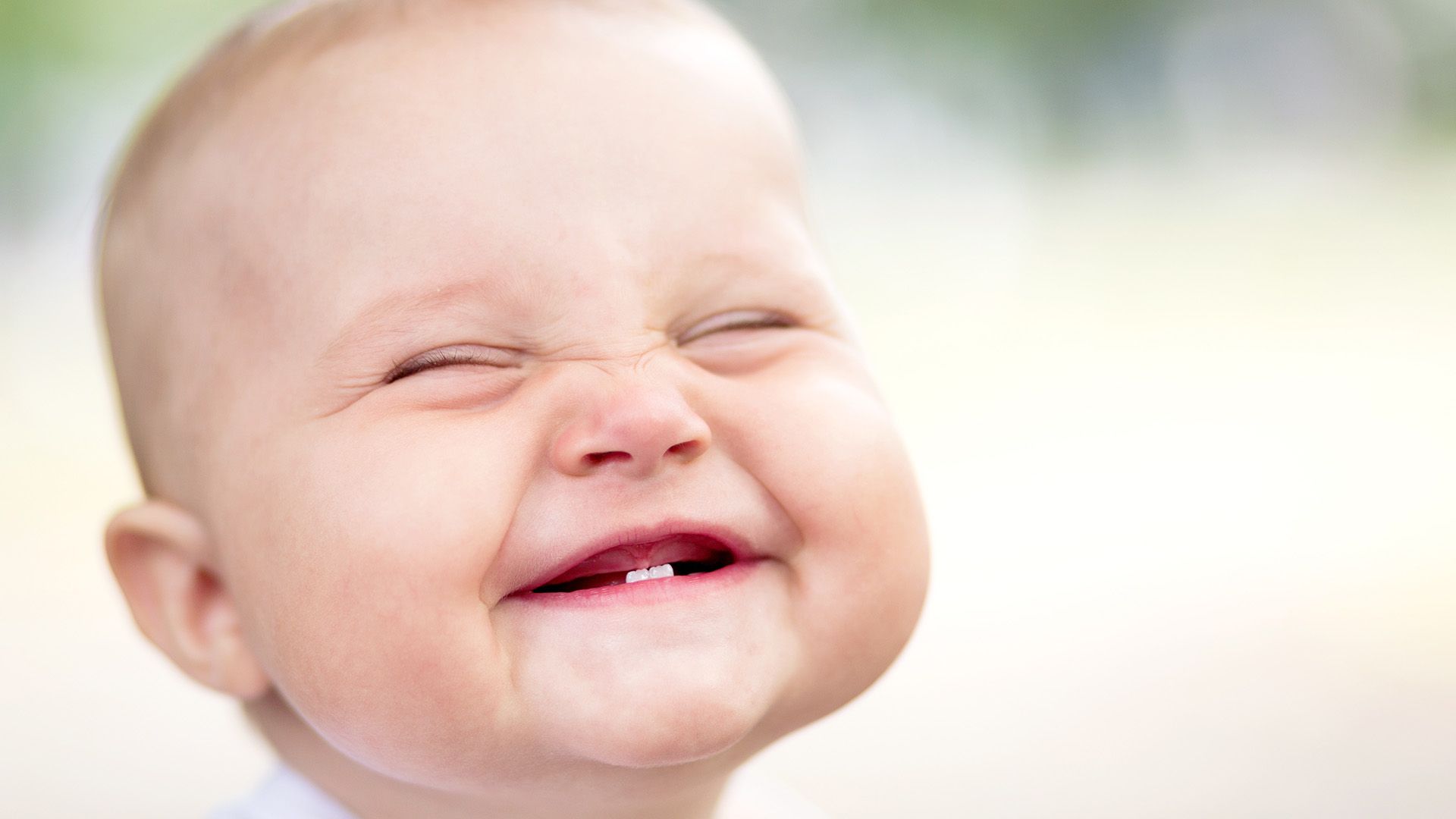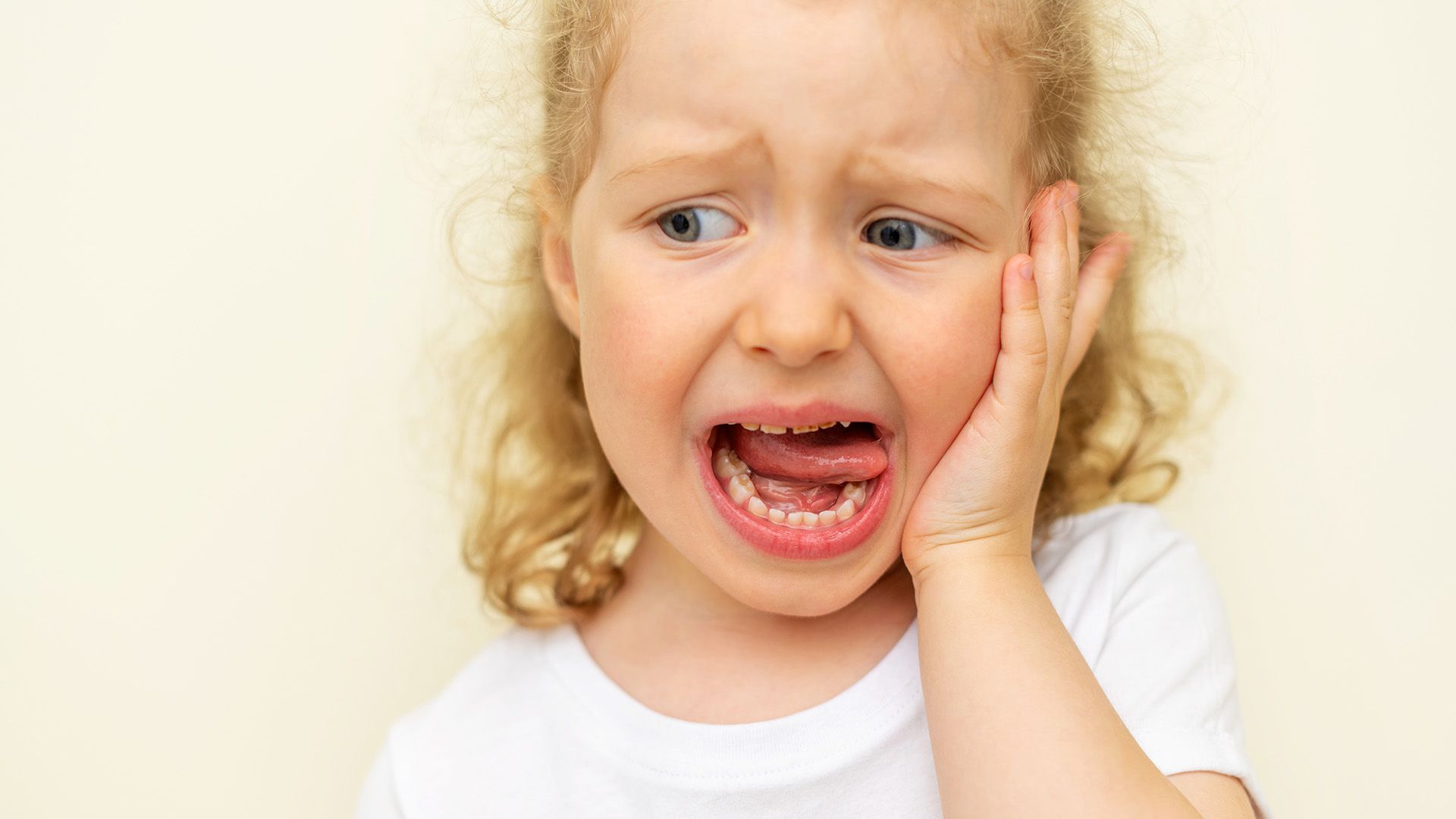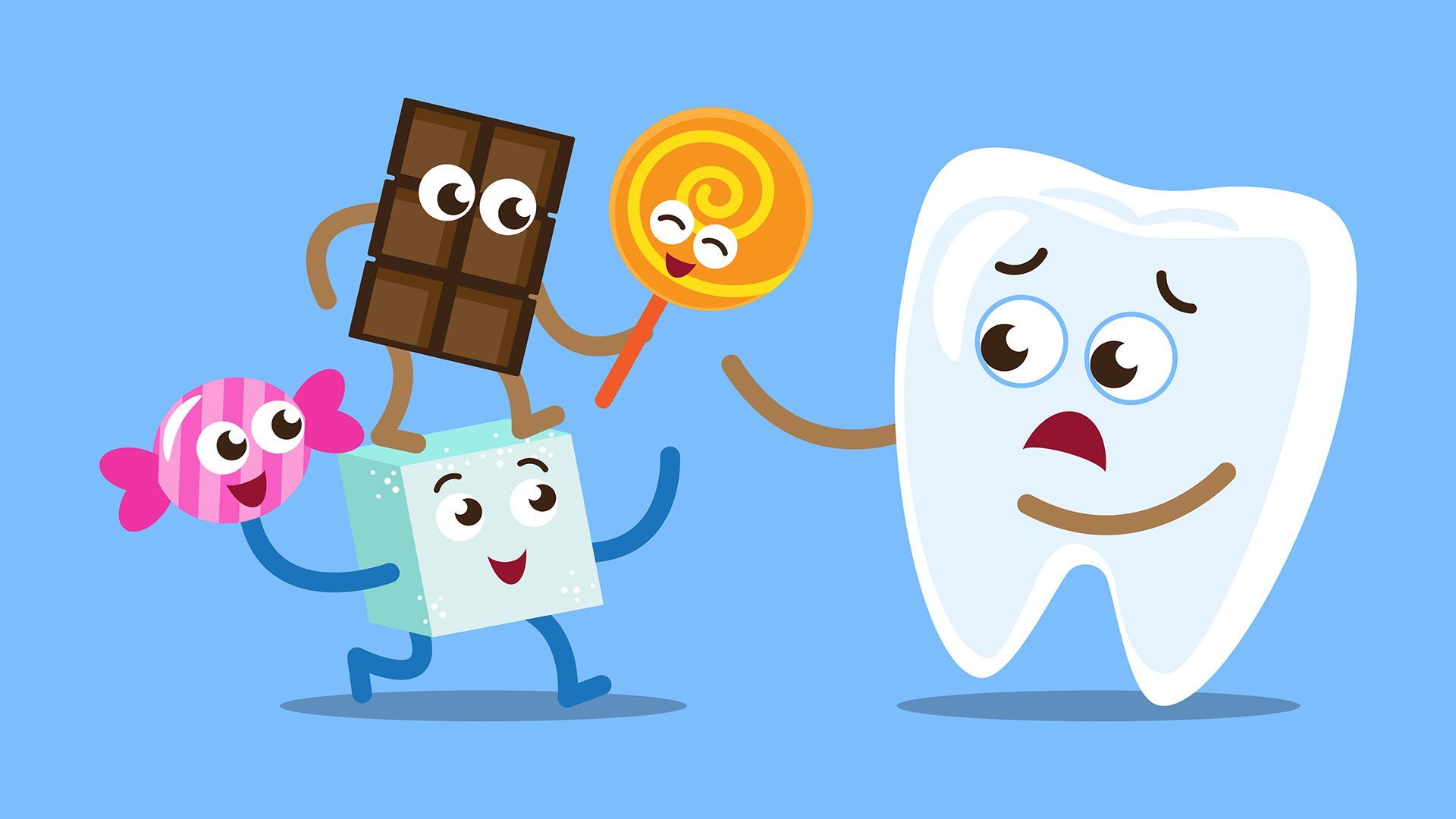What Teeth Do Kids Lose First?
As children grow, they experience numerous exciting changes, one of the most significant being the loss of their baby teeth. This natural developmental milestone typically begins around the age of six. Parents often ponder, "What teeth do kids lose first?" Understanding what teeth do kids lose first can alleviate anxiety for both children and their parents. In this guide, we'll delve into which baby teeth are usually lost first, the timeline for tooth loss, and how to care for loose teeth. By being informed, you can support your child's dental journey and ensure a smooth transition to their permanent smile.
Understanding Baby Teeth
Baby teeth, or primary teeth, are vital for a child's oral health development. They assist in chewing food, reserve space for permanent teeth, and contribute to speech development and facial structure. Without these teeth, children may encounter challenges with eating, speaking, and dental alignment as they grow.
Typically, children have 20 baby teeth, including incisors, canines, and molars. The eruption of these teeth begins around six months of age, with the lower central incisors usually appearing first. As children grow, they develop a full set of baby teeth by age three. While the eruption timeline varies among children, it generally follows a predictable pattern. Most children start losing their baby teeth around age six, beginning with the lower central incisors. This process can extend until around age twelve, when most baby teeth have been replaced by adult teeth. Understanding this timeline allows parents to monitor their child's dental health and prepare for their transition to permanent teeth.
When Do Kids Start Losing Their Baby Teeth?
Kids typically begin losing their baby teeth around six years old, starting with the front teeth, or central incisors. However, each child is unique, and some may lose teeth earlier or later. It's not unusual for the first tooth loss to occur as early as age five or as late as age seven.
Several factors influence when a child loses their baby teeth. Genetics play a significant role; children may follow the same pattern as their parents. Additionally, a child's overall dental health can affect the timing of tooth loss. Regular dental check-ups are crucial for monitoring baby teeth health and ensuring they are ready to fall out when the time comes.
Parents can often spot signs that a tooth is ready to fall out, such as increased mobility, tenderness or slight discomfort in the gums, or noticeable gaps where other teeth have already fallen out. Encourage kids to gently wiggle loose teeth to help the process. If your child feels unsure or anxious, consider visiting a pediatric dentist for reassurance and guidance through this exciting milestone.
What Teeth Do Kids Lose First?
As children begin losing their baby teeth, parents often wonder about what teeth do kids lose first. Typically, the incisors, the small front teeth, are the first to loosen around age six. Following the incisors, the canines, or pointed teeth next to the incisors, are generally lost. Lastly, the molars, located at the back of the mouth, fall out, usually between ages nine to twelve. This natural sequence is integral to a child's dental development.
Identifying baby teeth is essential for parents to understand the tooth loss process. Baby teeth are generally smaller, whiter, and more rounded than permanent teeth, with a thinner layer of enamel, making them more susceptible to decay. If unsure whether a tooth is a baby tooth, consult your child's dentist for guidance.
The significance of primary teeth in dental health is substantial. They aid in speech development, maintain space for permanent teeth, and allow proper chewing. Healthy primary teeth support overall oral health and lay the foundation for lifelong good dental habits. Regular dental check-ups and good oral hygiene are essential to keep baby teeth healthy until they naturally fall out.
Caring for Loose Teeth
Managing loose teeth can be exciting yet challenging for children. Encourage them to gently wiggle the tooth with their fingers or tongue to make the process feel more natural and less intimidating. Remind them that losing teeth is a normal part of growing up, and sharing personal stories can help ease fears.
Maintaining oral hygiene during this transition is crucial. Ensure your child continues brushing twice a day with a soft-bristled toothbrush and fluoride toothpaste. Be gentle around the loose tooth to avoid discomfort and encourage rinsing with water after meals to keep the mouth clean. Flossing should continue, but take care to avoid pulling on any loose teeth.
If a tooth falls out unexpectedly, reassure your child and help them stay calm. First, locate the tooth and rinse it gently under cool water if dirty, but avoid scrubbing. If possible, place the tooth back into the socket and have your child bite down gently on a clean piece of gauze or cloth to hold it in place until you can visit a dentist. If reinsertion isn't possible, keep the tooth safe and bring it to your next dental visit. This way, the dentist can assess the situation and ensure the best care for your child's dental health.
What Happens After Losing Baby Teeth?
Once children lose their baby teeth, a remarkable process begins as adult teeth start to emerge. The timeline for adult teeth varies, but most children begin losing their first molars around ages six to seven. The incisors and canines typically come in between ages seven to eleven. By ages twelve to thirteen, most children have their adult teeth in place, except for wisdom teeth, which usually appear in late adolescence or early adulthood.
Common concerns after losing teeth include potential misalignment, gaps, and the transition to adult teeth. Parents may worry about discomfort or eating difficulties. It's important to reassure them that this is a natural part of dental development. However, if there are noticeable issues, such as excessive gaps or prolonged discomfort, seeking advice from a pediatric dentist can provide peace of mind and ensure proper dental health.
As adult teeth come in, maintaining dental health becomes crucial. Encourage regular brushing and flossing, as adult teeth are more susceptible to cavities and other oral health issues. Regular dental check-ups are essential for monitoring dental development and addressing any concerns promptly. Establishing a solid dental hygiene routine sets the foundation for a lifetime of healthy smiles.
